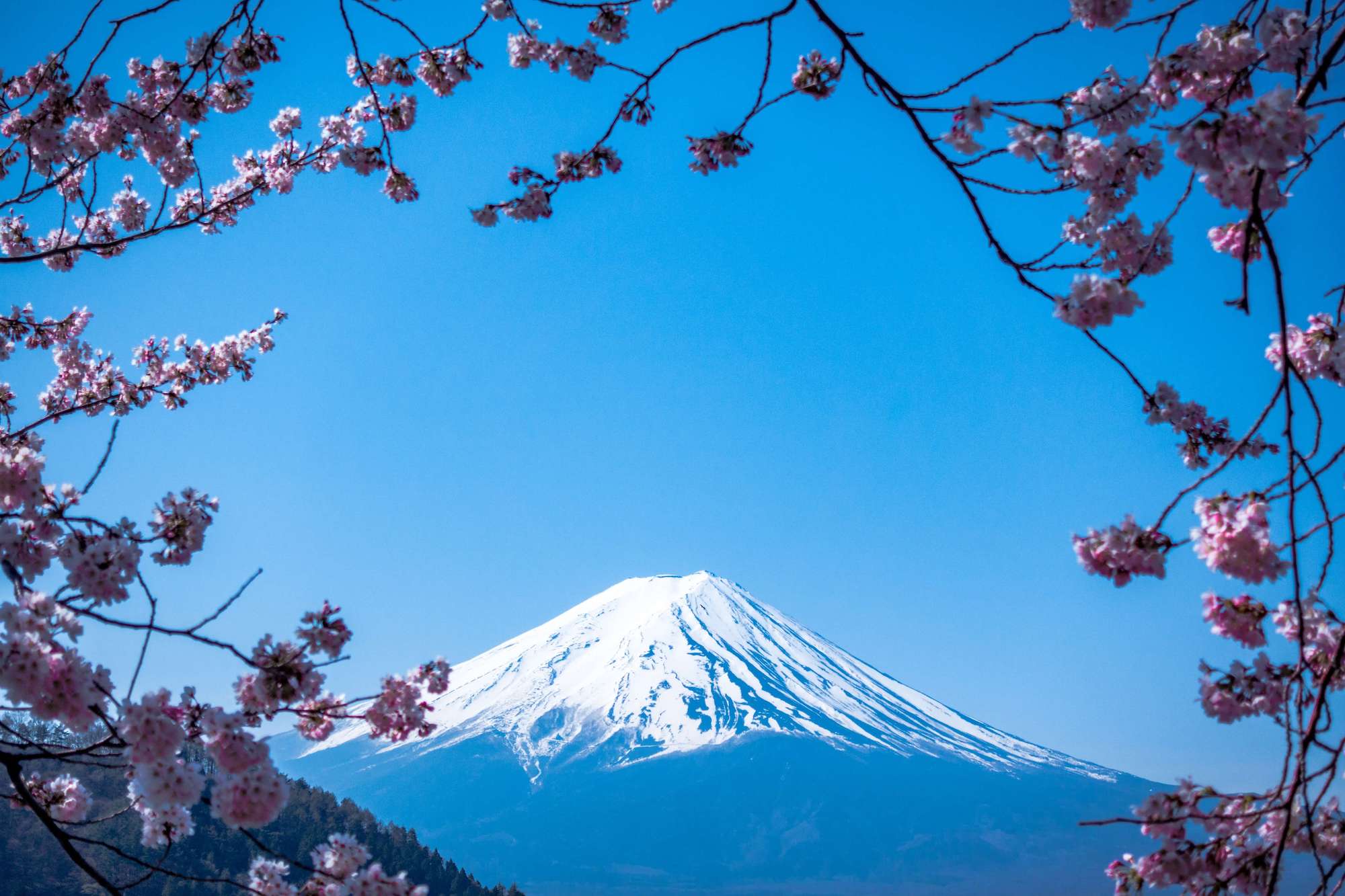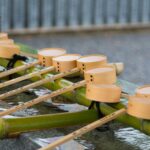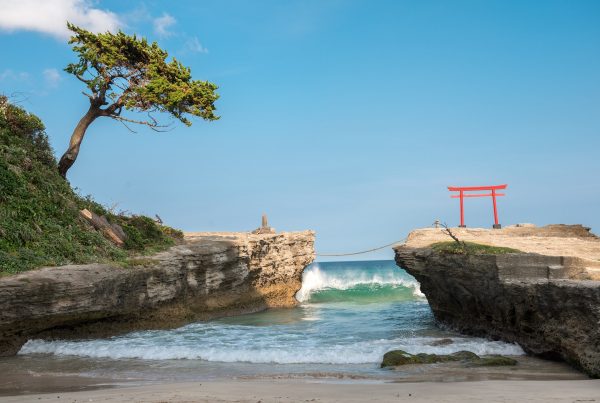Japan is a popular destination for travel, attracting visitors globally to witness its mix of traditions and innovations. In 2023 alone, around 25.07 million people came to Japan as tourists. From the calm elegance of temples in Kyoto to the busy streets with neon lights in Tokyo – it’s hard not to feel drawn by Japan’s charm.
If you are preparing for your first visit, a little bit of preparation can help to make it more enjoyable. This guide will explain the important things for making a trip fun and without any issues.
 Navigating Transportation Options
Navigating Transportation Options
Planning your trip to Japan? Don’t overlook transportation. First, grab a flight deal by booking early or watching for airline sales. Also, make sure to sign up for notifications of prices going down so you can find cheap flights right when they become available.
Once you’re there, Japan’s train system is a lifesaver. Get a Japan Rail Pass beforehand to save cash, especially if you’re hopping regions. And don’t forget about city buses and metros—they’re dependable for getting around day-to-day. You can easily find schedules and tickets online to map out your journeys.
Furthermore, consider exploring Japan’s efficient taxi services for convenient travel within cities or for shorter distances. For longer journeys between cities or scenic areas, rental cars offer flexibility and the chance to explore off-the-beaten-path destinations at your own pace.
Staying Connected: Internet Access
In today’s modern world, being able to go online while you’re on the move is pretty much a must-have, especially in a tech-forward place like Japan. It’s essential for stuff like finding your way around and discovering the top places to eat.
Tourist eSIMs are a handy fix for travelers, giving you broad coverage and flexibility without needing a physical SIM card. Before you set off, check out the best tourist eSIMs for Japan to find one that matches how long you’ll be there and how much data you’ll use. Lots of providers have deals designed just for tourists, so you can balance out what you pay with how connected you want to be.
Once you’ve activated your eSIM, you can surf the web wherever you wander in Japan, whether you’re traversing busy urban areas or wandering through the peaceful countryside. It’s akin to possessing a digital gateway to the online realm, granting you the liberty to explore without fretting over connectivity loss.
Accommodation Choices
Picking the right place to stay has a major impact on your travel experience. In Japan, you can find many different types of accommodations, from luxurious hotels in busy city centers to small ryokans located in peaceful areas.
If you like to be part of Japan’s full past and culture, a ryokan will give you a lovely experience. On the other hand, if you are excited about exploring city areas, choosing a hotel or hostel in a central location is best. Utilizing booking platforms can provide valuable insights into prime locations aligned with your travel plans, ensuring a balance of comfort and accessibility.
Cultural Etiquette
Cultural manners matter greatly when visiting Japan. The Japanese highly value politeness and respect in every situation. For example, being on time, taking off your shoes before entering homes or specific lodgings, and behaving appropriately in places like temples are essential. Adhering to these customs not only demonstrates respect but also enhances your journey by offering a more genuine insight into Japanese life.
Language Tips
Though English is studied by many Japanese individuals, its usage isn’t prevalent in all regions, especially rural ones. Incorporating a few essential Japanese phrases into your repertoire can significantly improve your communication and demonstrate appreciation for the culture.
Basic greetings, expressions of gratitude, and simple inquiries can go a long way. Furthermore, leveraging technology can help overcome language barriers. Translation applications can be invaluable in situations such as deciphering menus or seeking directions.
Food and Dining
Japanese food is a delight for many, presenting an extensive variety that includes everything from sushi and sashimi to ramen and more. When you eat in Japan, it is good to learn about the local manners. For example, people usually say “itadakimasu” (I gratefully receive) before starting their meal and “gochisosama deshita” (thank you for the meal) once they finish it.
If you have special food requirements, it is a good idea to understand how to communicate these needs in Japanese or bring a written note that you can show your server. Trying different types of eating places like fancy restaurants and nearby izakayas can give you the full experience of Japanese food.
Exploring Beyond the Cities
Though Japan’s bustling metropolises promise boundless diversions and rich cultural experiences, its rural expanses beckon with serene retreats amidst nature and age-old customs. Delving into locales like the Japanese Alps or the seaside hamlets of the Noto Peninsula unveils a fresh outlook on the nation.
These remote areas, quieter and less bustling, epitomize Japan’s innate splendor and profound heritage. While transport to these havens is available, prudent foresight dictates securing lodging and scrutinizing travel avenues with ample lead time.

source: unsplash
Final Thoughts
Getting ready for your inaugural journey to Japan might feel overwhelming at first, but armed with the correct details and some strategic preparation, it can evolve into a truly rewarding adventure.
By taking into account these key factors—ranging from transportation and lodging to dining and cultural norms—you’re set to fully savor everything Japan has in store. Embrace both the careful organization and the unexpected findings, and you’re bound to create lasting memories in the land where the sun rises.








